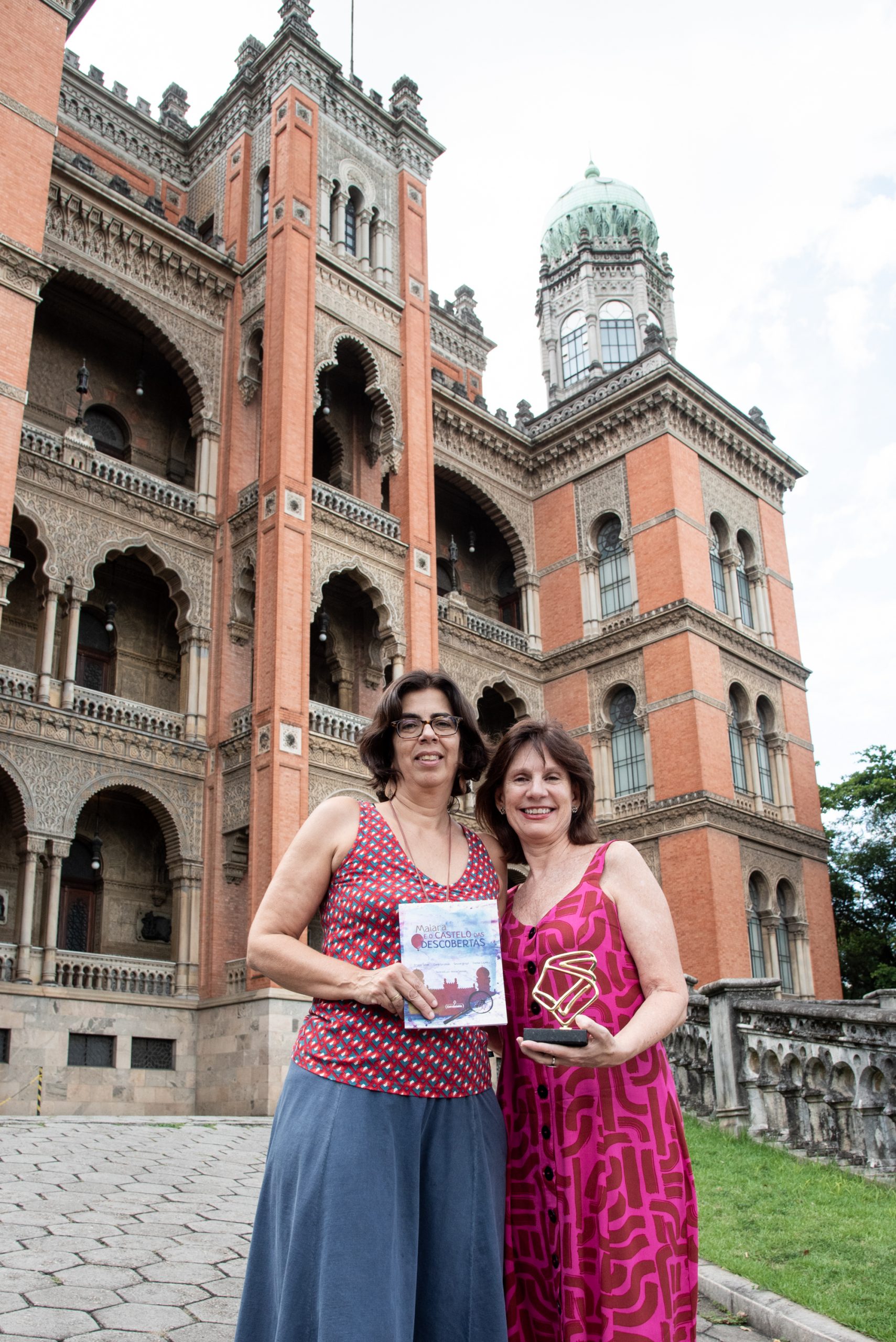The Graduate Program in the Preservation and Management of Cultural Heritage in the Sciences and Health offers a professional master’s degree in the planning and execution of initiatives that are part of the integrated preventive management of building heritage and cultural collections, especially those related to science and health. The course covers the study of heritage education activities and teaches ways of preserving heritage through processes intended to incorporate and conserve collections and handle information and access.
Coordination
Luciana Heymann (coordinator)
Ana Luce Girão Soares de Lima (assistant coordinator)
Field of concentration
The Graduate Program in the Preservation and Management of Cultural Heritage explores the relations between heritage, architecture, urban planning, archives and collections, science, health, and society from a historical perspective and within the framework of current management and preservation methods. Research focuses on the relations between history, memory, and society and their ties to cultural heritage activities in science and health. These investigations of the broad realm of science and health heritage afford insight into the political, technological, social, and cultural transformations that have transpired in these fields down through Brazilian history. The preservation and management of cultural heritage in the sciences and health must be viewed from a broader angle, emphasizing both the aspects that are related to transformations in architecture and urbanism as well as the records and objects of historical value that bear witness to changes in the field of health and health care.
Lines of research
The master’s program has two lines of research. “Cultural heritage: history, memory, and society” allows students to examine how certain records and objects gain recognition and value as elements of science and health that merit preservation.
“Cultural heritage: preservation and management” fosters research, studies, and products focused on the contemporary debate over the management of cultural heritage. It encompasses the operations, procedures, and actors involved in producing, constituting, organizing, using, safeguarding, and preventively conserving institutional and personal collections derived from activities in the fields of science and health.






